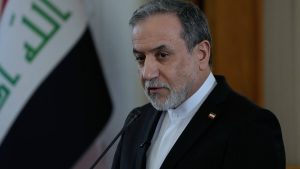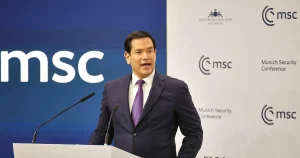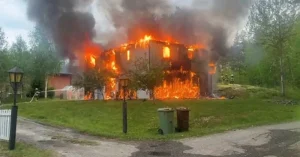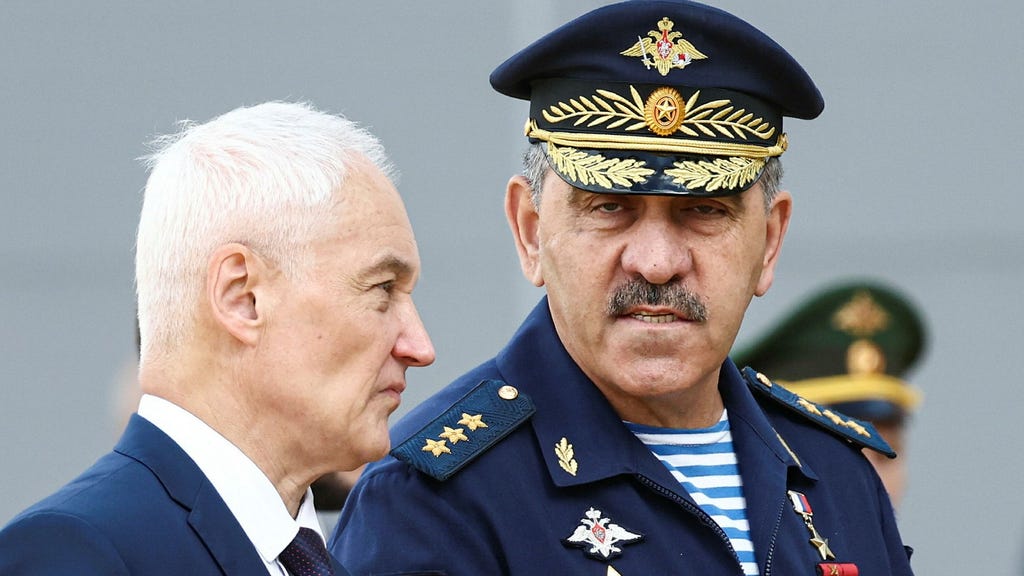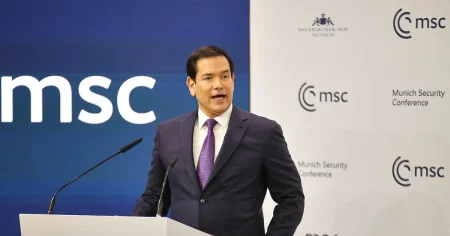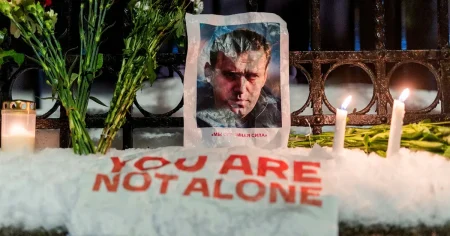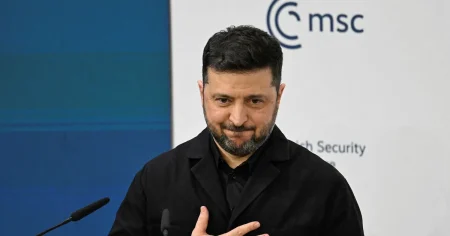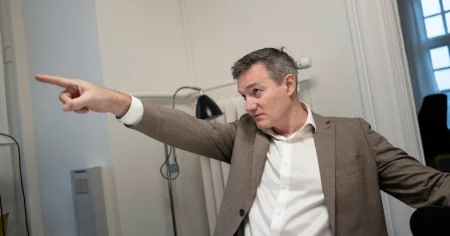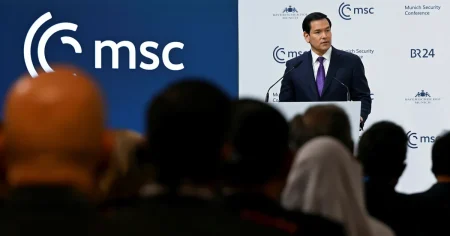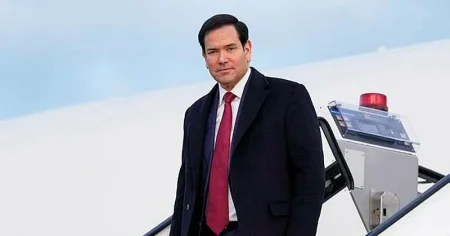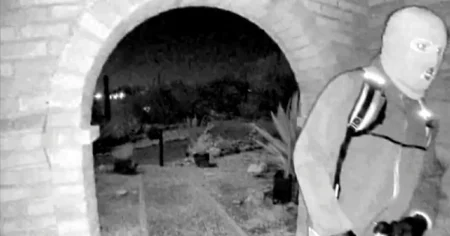The Russian Ministry of Defense reported an offensive launched by Ukrainian forces in the Kursk region on Sunday morning, alleging it was an attempt to halt the advance of Russian troops. While details remain scarce, Russia claims the attack involved multiple combat vehicles. The Russian Ministry of Defense maintains that the attacks were successfully repelled. However, this narrative is contradicted by reports from Russian military bloggers, cited by Reuters, who suggest that Russian forces have been forced onto the defensive, indicating a potentially more significant Ukrainian incursion than officially acknowledged.
This discrepancy between official Russian statements and independent reporting highlights the ongoing information warfare surrounding the conflict. The Russian government’s insistence on minimizing Ukrainian gains while bloggers, often embedded or with close ties to the military, paint a different picture suggests an attempt to control the narrative and maintain public morale. The presence of independent voices, even within Russia, provides a crucial counterpoint to official pronouncements, allowing for a more nuanced understanding of the situation on the ground.
Adding to the complexity of the situation, Ukrainian officials have offered their own perspective. Andriy Yusov, Chief of Staff to President Volodymyr Zelenskyy, issued a brief statement hinting at ”good news” from Kursk, suggesting successful Ukrainian operations and retribution for Russian aggression. Furthermore, Andriij Kovalenko, head of Ukraine’s Center for Countering Disinformation, claimed that Ukrainian forces conducted attacks along multiple axes within the Kursk region, according to the Kyiv Independent. These statements, while not providing specific details, directly contradict the Russian narrative of a quickly quelled and insignificant attack.
The Kremlin’s response further underscores the seriousness of the situation. President Vladimir Putin dispatched Deputy Defense Minister Yunus-Bek Yevkurov, a high-ranking general, to Kursk in response to the offensive, as reported by The Telegraph citing the regional governor. Yevkurov’s presence, following a recent visit to the neighboring Belgorod region for a volunteer soldier ceremony, suggests a high level of concern within the Russian government. Sending a senior military figure like Yevkurov to oversee the situation implies that the fighting in Kursk is considered significant and requires direct oversight from a trusted and experienced commander.
The context of this latest offensive reveals a potentially significant shift in the ongoing conflict. Following a successful Ukrainian counteroffensive during the summer, parts of the Kursk region remain under Ukrainian control. However, Russia has subsequently deployed North Korean soldiers to bolster its forces and attempt to reclaim lost territory. Western intelligence estimates place the number of North Korean troops in Kursk at around 11,000, highlighting the internationalization of the conflict and the Kremlin’s willingness to utilize foreign fighters.
This renewed Ukrainian push in Kursk follows several difficult months for Ukraine, marked by gradual Russian advances. The Ukrainian offensive, if sustained, could represent a turning of the tide, disrupting Russian momentum and potentially relieving pressure on other fronts. The conflicting narratives, the deployment of a senior Russian general, and the presence of North Korean troops all underscore the significance of the fighting in Kursk and its potential impact on the broader trajectory of the war. The evolving situation requires close monitoring as it could signal a significant shift in the balance of power and the strategic landscape of the conflict.


